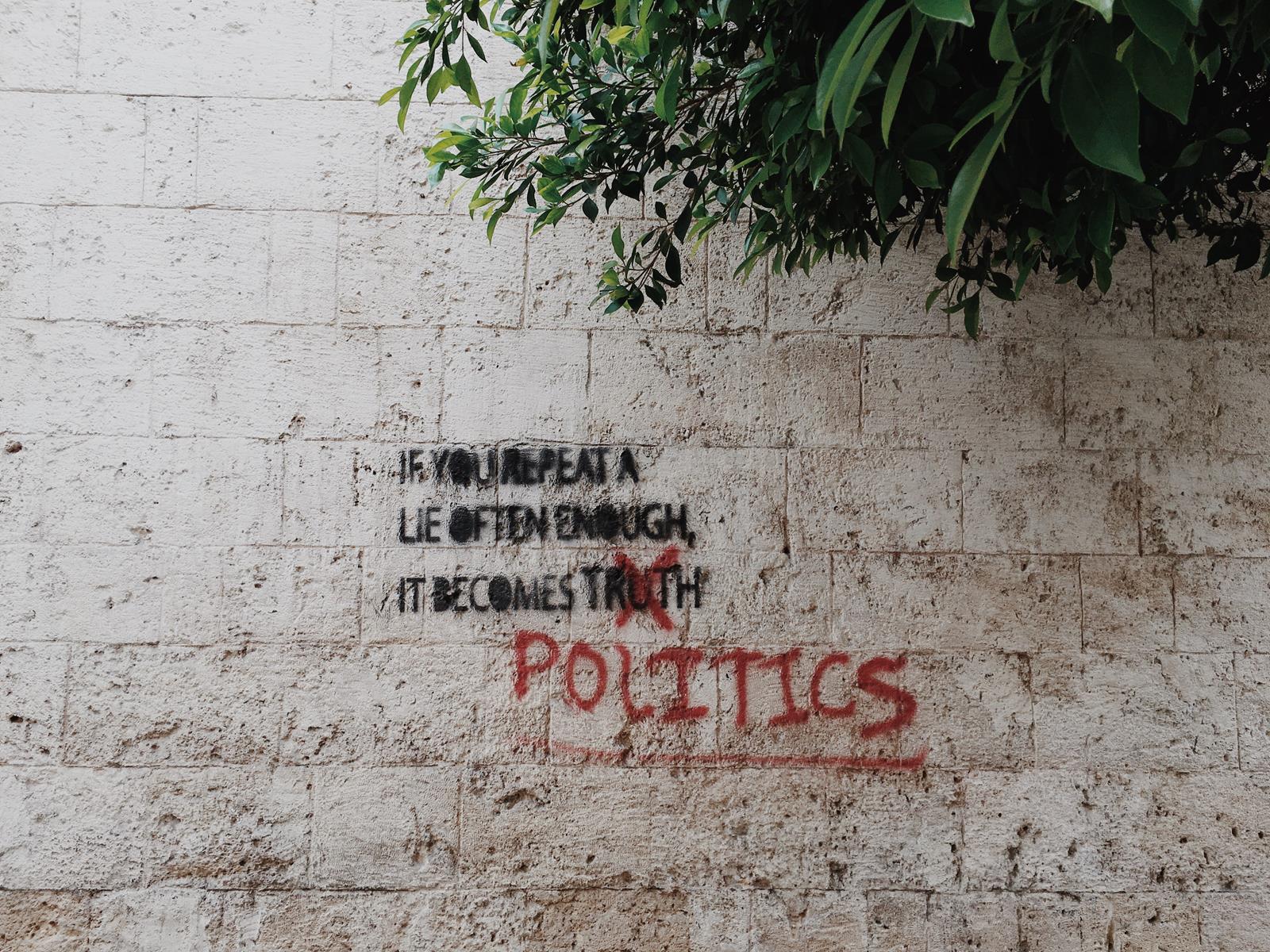Politics is a human endeavor that has been shaped by history since its beginning. In its most fundamental form politics is defined by the fact that individuals interact to decide how their political institutions will be ruled by a society. In much the same way that individuals decide on the rules for their households and communities politics also determines how political institutions will rule society. Politics has many components. The most significant component of politics is the influence of forces on politics. These forces can be divided into three categories, which are political institutions, individuals and social science.
Politics is an empirical endeavor that attempts to explain politics by attempting to describe the interrelations of political institutions. The discipline of political science is often called political philosophy. Comparative politics is a branch of political science that compares political institutions to other institutions like firms, private corporations, and governments. Political theory is a branch of political science that analyzes how politics influences the performance of organizations. There are two main theories in political theory.
The first is classical political theory. This theory is best described as a particular political philosophy that believes that all political institutions work together to produce a just and fair society. In contrast to the traditional liberal conception classical liberal thinkers believe that all institutions are created equal. They also believe that humans are capable of influencing and leading political institutions to better their societies or environment.
The second school of thought is known as realism. This school of thought is a moderate version of liberalism. Although realism differs from liberalism in some ways it also differs from classical liberal thought in others. Realists believe that American political institutions are responsible for the political systems and values in the world as a whole. Unlike liberals, they believe that American political institutions are not primarily responsible for the political systems and values in the world as a whole.
One of the most important schools of thought in American politics is what is known as the theory of punitiveness. This school of thought argues that people tend to act in self-interest rather than to think about the consequences of their actions. Known as the theory of self-interest, this argument suggests that politicians should not always seek to gain the support of the voters. Politicians should instead do everything in their power to make the laws so that people will support them. Two prominent cases captivate the attention of this political theory; the Supreme Court’s historic ruling in Citizens United v. Federal Election Commission and the Los Angeles Police Department’s Rampaging Disorder case.
In the case of Citizens United for the court ruled that there is a constitutional right for corporations to spend money in political campaigns. It also ruled that Congress has power under the Constitution to tax corporations. In the Los Angeles Police Department Rampaging Disorder case the court found that there was a violation of the law by a police chief who arrested two peaceful protesters because they were walking in the wrong area. Both these cases have sparked widespread debate on the role of the political system in our culture and politics. Many people believe that such cases like Citizens United are meant to intimidate citizens into not voting or supporting certain candidates.
However, the political theory that some call hyper-government is not intended to intimidate anyone, and in fact many political scientists argue that it actually encourages open debate. The court system is often criticized for having too much power in deciding how laws should be interpreted, and many scholars of law agree. After all, the role of the court is to interpret the law and not to make laws for themselves. The biggest problem with hyper-politicism is that it tends to focus on individual cases rather than general cases that could affect the society as a whole.
Overall politics have played a large role in our society for many years. Today, we are still paying the price for that history. We have yet to move beyond our political roots. Though many citizens do not realize it, every citizen is an active participant in politics whether they like it or not, and we need to keep that in mind when debating and participating in politics.
